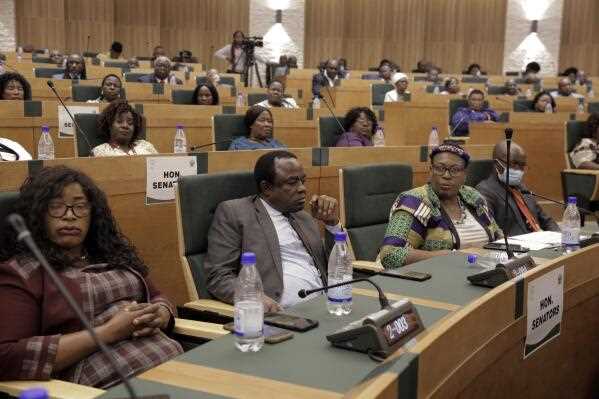
Nyashadzashe Ndoro
Nkayi South legislator, Jabualani Hadebe has called on the government to declare the current farming season a national disaster as the El Niño’s scorching grip on Zimbabwe is threatening to push millions deeper into poverty.
Speaking in Parliament on Thursday, Hadebe said his tour of the rural communities in the last two weeks proved that many are going to be plunged into poverty due to the impending drought.
“In the last two weeks, I had the opportunity to visit many rural provinces and what I discovered is that thousands and thousands of our farmers have lost their crops and millions of our people will face starvation. I would like to implore the government, especially the Executive, to declare this farming season a national disaster,” he said.
Accordingly, the Deputy Speaker of Parliament advised Hadebe to put his question in writing to the responsible Minister “so that he will make some investigations and make some considerations”.
Due to the El-Nino-induced drought, the staple maize harvest is expected to halve in 2024.
The World Food Programme is preparing to assist 270 000 Zimbabweans in the coming months as the drought withers crops and strains food security.
Related Stories
This is not the first time El Niño has wreaked havoc on Zimbabwe’s agricultural sector. The weather phenomenon, characterised by unusually warm Pacific Ocean temperatures, disrupts global weather patterns, often leading to drier conditions in Southern Africa. The 2015-2016 El Niño event, considered the worst in 35 years, caused widespread crop failure and severe livestock deaths in Zimbabwe.
“We’ve been struggling to feed ourselves since 2000,” says Christine Mendes, acting country director for the WFP in Zimbabwe. “El Niño adds another layer of difficulty, especially for our rural communities most reliant on subsistence farming.”
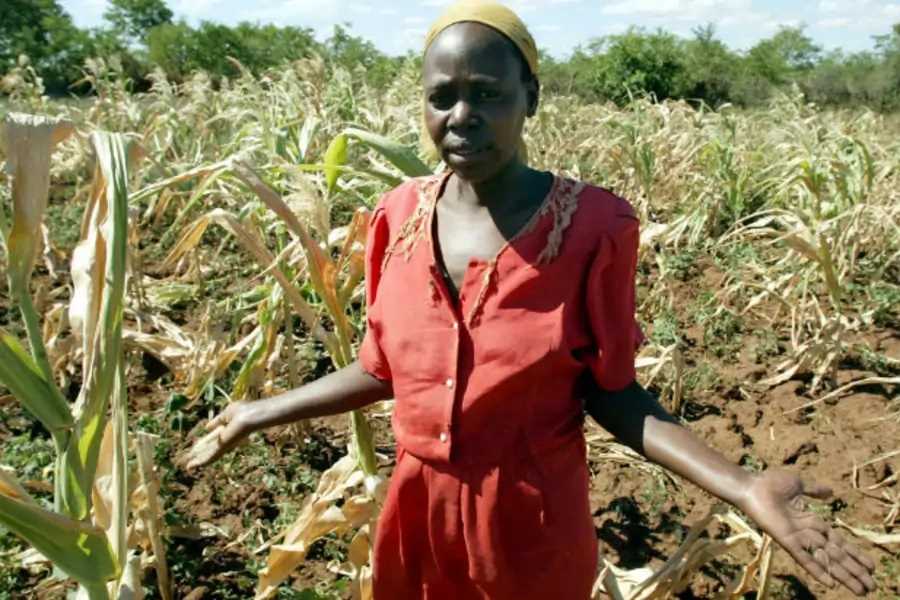
“Out of the 2.7 million people, we jointly planned to assist the most vulnerable. WFP will be assisting communities in four districts where populations are more vulnerable with a package that is slightly more advanced,” Mendes added.
The situation is particularly concerning because a significant portion of Zimbabwe’s population relies on rain-fed agriculture. With limited access to irrigation systems, farmers are at the mercy of El Niño’s erratic weather patterns.
The drought’s impact extends beyond just hunger. Livestock, a crucial source of income for many rural families, are also suffering. El Niño-induced water shortages have led to increased livestock deaths, further eroding livelihoods.
The Zimbabwean government, in collaboration with aid agencies, is working to provide assistance to an estimated 2.7 million people grappling with food insecurity. Initiatives include food distribution programs and support for drought-resistant crops.
However, experts warn that long-term solutions are needed to break the cycle of poverty and vulnerability exposed by El Niño. Investments in climate-smart agriculture, improved water management systems, and early warning programmes are crucial to building resilience against future droughts.
As Zimbabwe braces for a lean harvest, the international community is also being called upon to step up and support the country’s efforts to combat food insecurity and lift its people out of poverty.










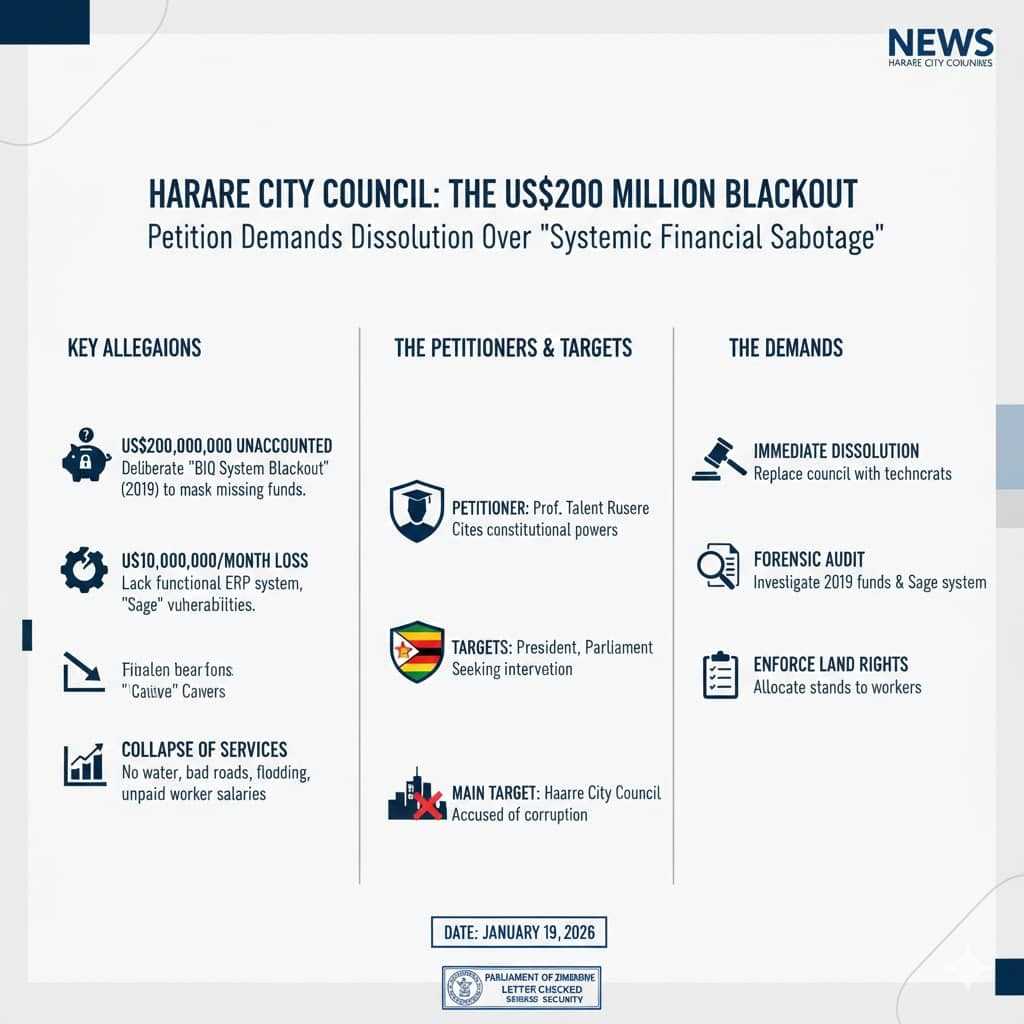



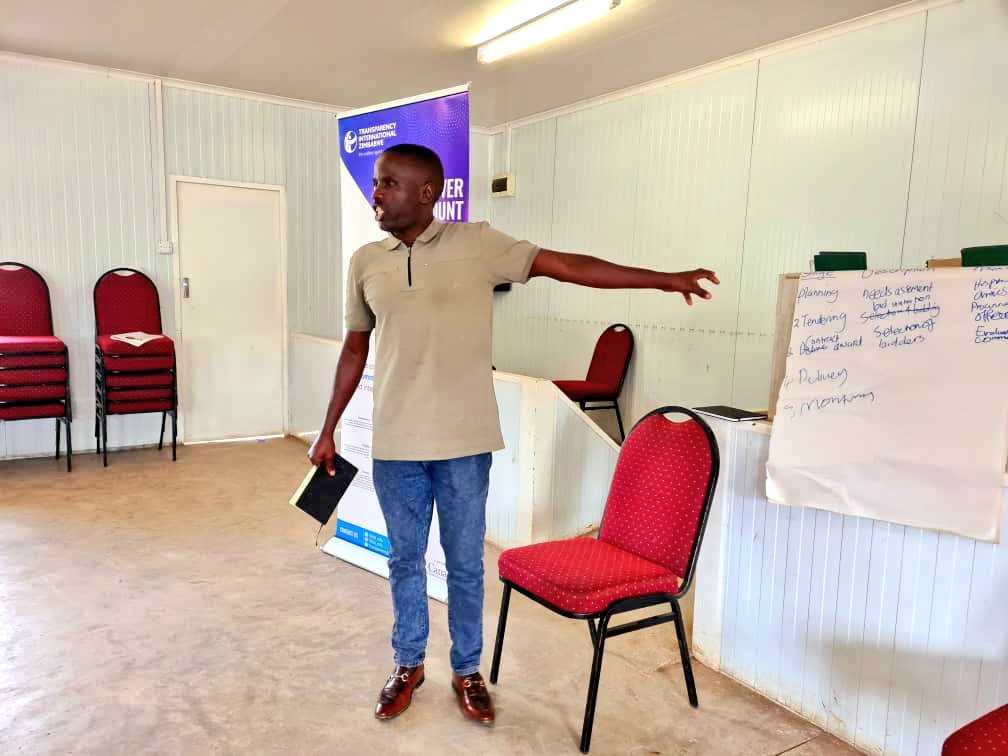
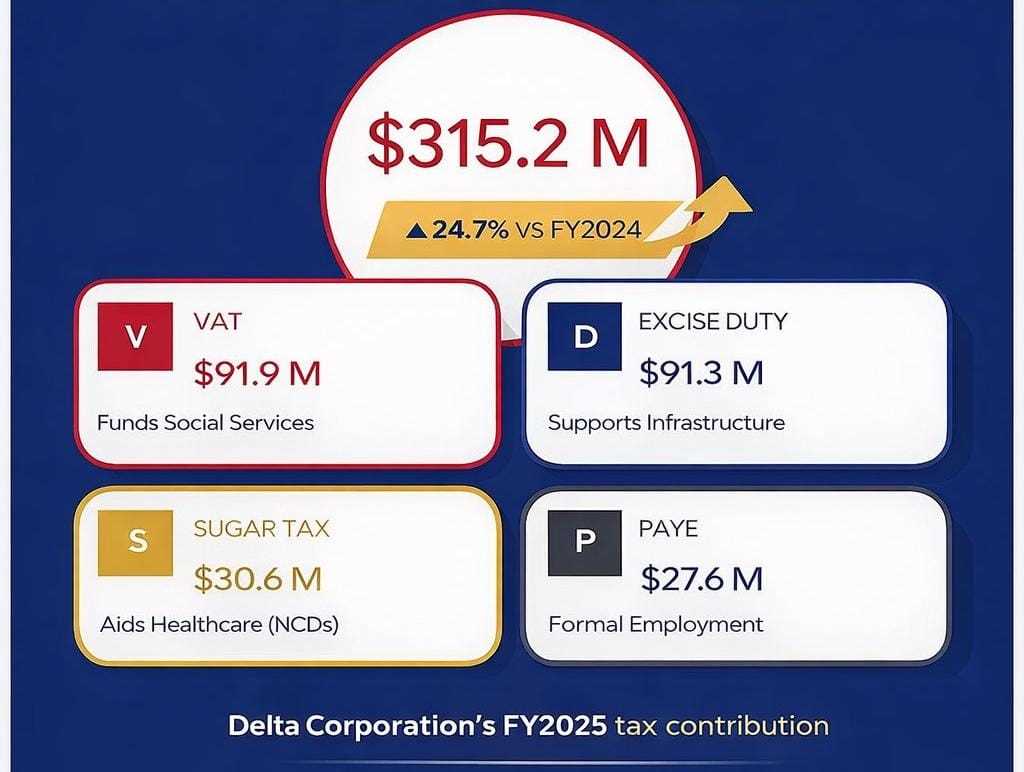
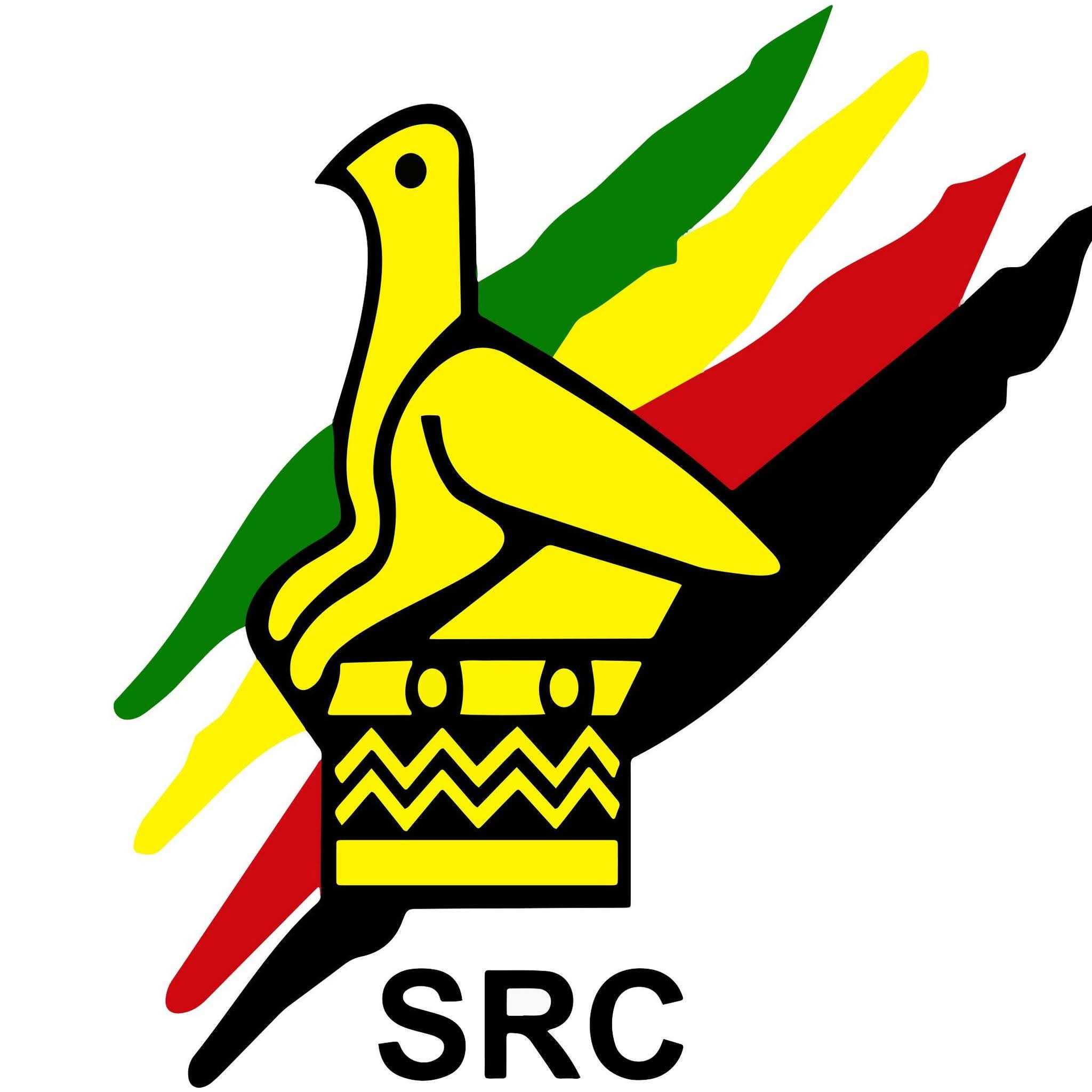


Leave Comments